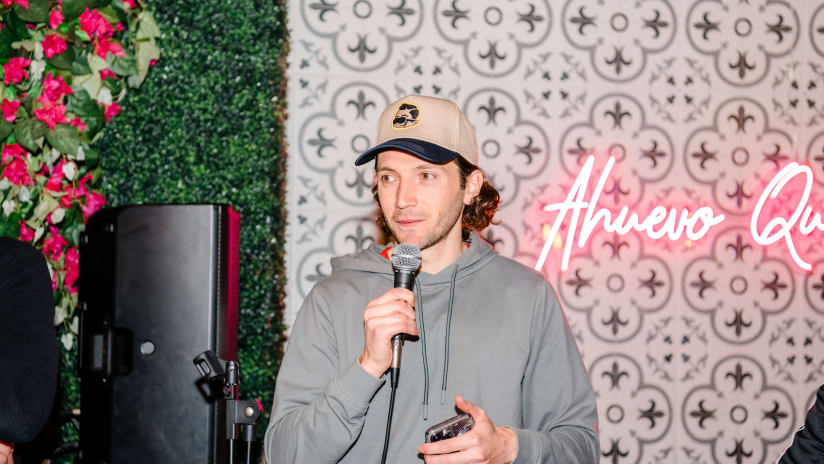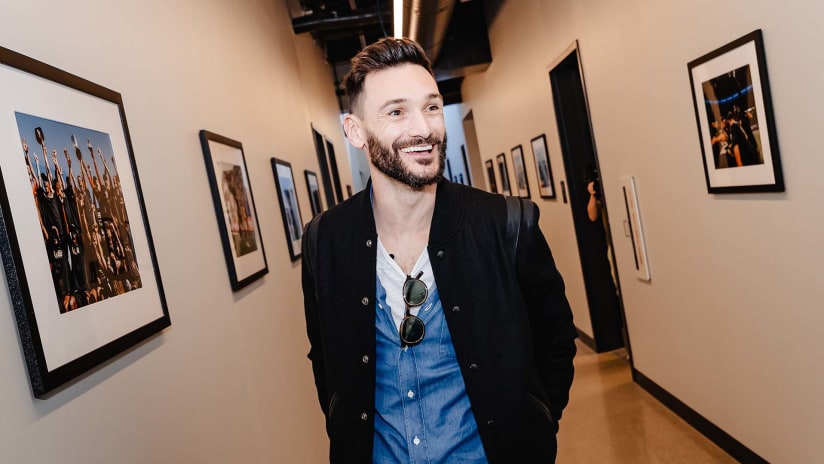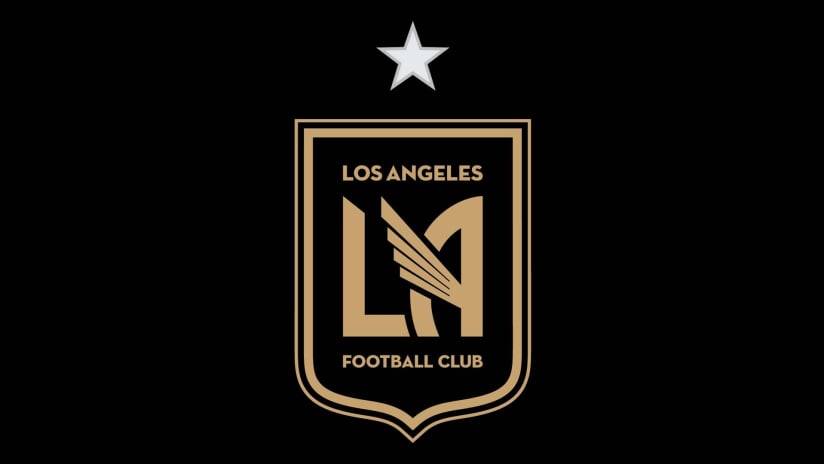Mohamed El-Munir took a deep breath and searched for the right words.
“It’s kind of difficult. You can get angry fast. You can get upset in your home, in your job, anywhere,” El-Munir said. “It’s not like when you’re normally eating because you are already thirsty, thinking about food, and anything can upset you fast.”
The LAFC defender sat for an interview on the second day of Ramadan. El-Munir is one of the millions of Muslims around the world celebrating the most important month in the Muslim faith by abstaining from food and water during daylight hours.
El-Munir’s description of some of the psychological aspects of Ramadan’s most publicized practice might sound familiar. He could just have easily said “hangry” and we’d immediately empathize.
But while the idea of sacrifice is so often defined by how we cope without things, El-Munir described a different version. His sacrifice during Ramadan is aimed at attaining perspective through discipline. It’s self-improvement, not suffering.
“We learn to behave much better. We learn how to control ourselves, so when we finish Ramadan, we really see other things are much easier,” El-Munir said. “We take other things that we don’t like with an open mind and a respectful way. We don’t harm anyone, we don’t hurt anyone, that’s what Ramadan is about.”
The origin of Ramadan begins in 610 A.D., when the prophet Muhammad received the first verses of the Quran, the Muslim holy book, from Allah. During the month, Muslims fast and pray to honor God, but also to remember how fortunate they are the other 11 months of the year.
“We do it for our religion, for our God, and most of all, so we can feel the what the poor people who are really suffering from hunger and without food or water most of the time. I think one month of the whole year isn’t going to be a problem,” El-Munir said. “When you stay away from the food and many things that you enjoy normal days, this shows you how special you are and makes you value the things that you have. When you have something all the time, you don’t really value the thing.”
While abstaining from food or drink during daylight hours is the most talked about aspect of Ramadan, El-Munir pointed out there is much more required of Muslims during the month-long celebration. Muslims are also required to pray, refrain from sinful behavior, and perform good deeds. To focus solely on fasting would be to neglect other important aspects of Ramadan.
“For example, it’s like you want to play in the team and you don’t want to train. That’s not going to work. So it’s the same,” El-Munir said. “If you aren’t praying, you are fasting for your health… You need to do the other things, which is you need to get involved in the community.
“In this month, we try as much as we can to go to the mosque. We go there, we meet people, and there’s always community programs. I came four months ago to Los Angeles, I don’t know a lot of people, so even if I want to help and find people that I want to help, it’s not easy. … When you go to the mosque there are programs that tell you they have a certain amount of people that need food, they need money, they need help with hospitals, so they give you an opportunity to help those people.”
Despite coming to a new city, El-Munir is not alone on LAFC. Fellow players Adama Diomande and Latif Blessing, as well as goalkeeper coach Zak Abdel, are recognizing the month of Ramadan. And in his head coach, El-Munir has an ally when it comes to the importance of practicing his faith.
“Bob [Bradley] is the second coach I’ve worked with in my nine professional years as a soccer player who really understands this. He takes it with a big heart and an open mind,” El-Munir said. “He didn’t make it difficult for me or the guys fasting with us because I had issues with most of the coaches I worked with.”
Bradley spent two years coaching the Egyptian National Team, where the players are predominately Muslim. And that understanding of a player’s needs both on and off the pitch has been recognized throughout the LAFC coaching staff.
“With Bob, he was in Egypt a long time and he worked with Muslim people and he really understands how these things go. That’s what really helps. Even in practice, you can’t be focused all the time, sometimes when you really push hard you’ll be tired thinking about no food and no water, so you lose your focus. And you do some mistakes that normally you won’t do. Of course, they can see but they try to not speak about this because they understand that these things would not happen if it wasn’t for the fasting.”
On Sunday, Bradley gave El-Munir his first LAFC start of the season. The defender went 90 minutes in a difficult 1-1 draw at FC Dallas. Not an easy task for any player, let alone one that has been training this month while fasting. But for El-Munir it’s another opportunity to reflect on just how fortunate he is in life and his career.
“When I’m fasting, I’m like dying seeing everyone drinking. I just want to go out from here. But when I see someone else that really needs help, I’m not going to wait. I’m just going to help because I know how he feels. … When I see someone in the street, I know that at 7:45pm I’m going to eat and drink whatever I want. But I’m not sure if this guy has food he’s going to eat. It doesn’t matter if he’s Muslim or not.
“That’s how Ramadan and the fasting makes you feel the people more than the other days.”












